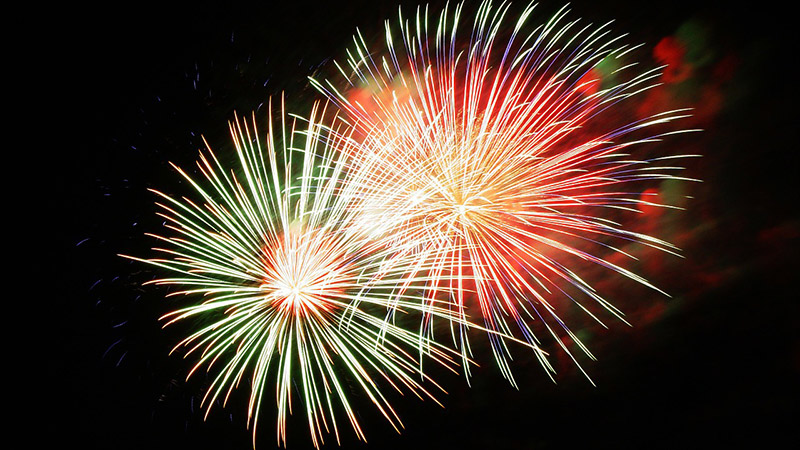The municipal district of Vall d’Uixó has 2 Patron Saint Celebrations, and both have been declared events of National Tourist Interest.
A highlight of both festivals is the presentation of the Queens, where relatives and friends applaud the young ladies who represent the city at certain festive events, accompanied by the highest authorities in the town council.
Another significant component of both festivals are their religious events, where flowers are offered to the patron saints of Vall d’Uixó, and the processions, where tradition, fervour and emotion come together in celebration.
Several famous fairs are hosted during these festivals, such as the FEPAM-FECOV Agricultural, Commerce and Vehicle Fair at the Festival of Sant Vicent Ferrer, which is visited by people from all over the province. The popular Medieval Fair is held during the festivals of Sagrada Familia and Santísimo Cristo.
Neighbourhood dinners are typical in both festivals and the famous “empedrao” and “manjòvenes” pastry are always served. This community event concludes with live music concerts.
And of course, the tradition of exhibiting Spanish Fighting Bulls or “Toros Bravos” from renowned livestock estates continues to this day. Both festivals exhibit spectacular bulls of magnificent appearance that generate great expectation among fans once the bull pen is open. When night comes so too does the "toro embolado” (bull with torches), and the excitement of lighting the fire and cutting the rope are sensations worth experiencing and not to be missed.
PATRON SAINT CELEBRATIONS OF SANT VICENT FERRER
These festivals were declared events of National Tourist Interest in 2003. Every year, this celebration is held around the emblematic day of Sant Vicent Ferrer, which takes place the Monday after Easter Monday. They are held around the Parish Church of Nuestra Señora de la Asunción and the Sant Vicent Chapel. They last for two weeks.
PATRON SAINT CELEBRATIONS OF SAGRADA FAMILIA AND SANTÍSIMO CRISTO
They were declared events of National Tourist Interest in 2004. This celebration falls every year around the emblematic Día de la Sagrada Familia, which is held the Monday after the second Sunday of October. They take place around the Parish Church of Santo Ángel and the Sagrada Familia Chapel, and last for two weeks.








